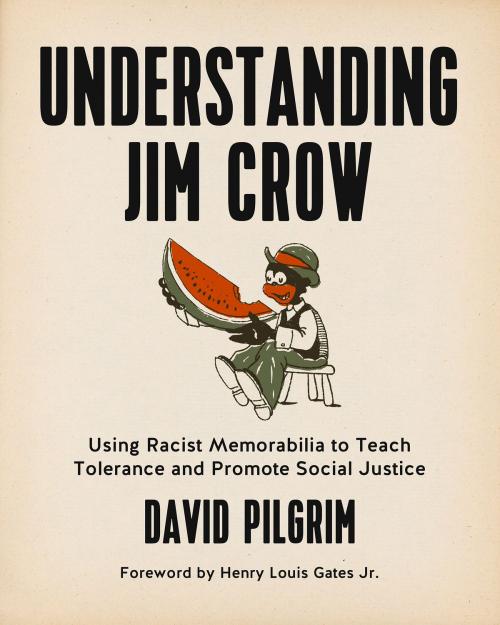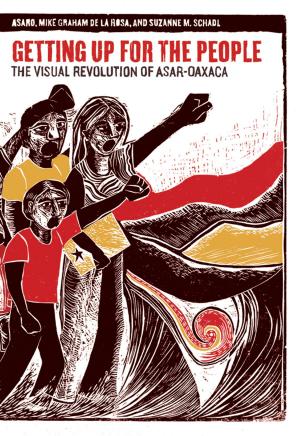Understanding Jim Crow
Using Racist Memorabilia to Teach Tolerance and Promote Social Justice
Nonfiction, Social & Cultural Studies, Social Science, Discrimination & Race Relations, Cultural Studies, African-American Studies, History, Americas, United States, 20th Century| Author: | David Pilgrim | ISBN: | 9781629631790 |
| Publisher: | PM Press | Publication: | November 1, 2015 |
| Imprint: | PM Press | Language: | English |
| Author: | David Pilgrim |
| ISBN: | 9781629631790 |
| Publisher: | PM Press |
| Publication: | November 1, 2015 |
| Imprint: | PM Press |
| Language: | English |
Selections of racist memorabilia from the collection at the Jim Crow Museum
A proper understanding of race relations in this country must include a solid knowledge of Jim Crow—how it emerged, what it was like, how it ended, and its impact on the culture. Understanding Jim Crow introduces readers to the Jim Crow Museum of Racist Memorabilia, a collection of more than 10,000 contemptible collectibles that are used to engage visitors in intense and intelligent discussions about race, race relations, and racism. The items are offensive and they were meant to be offensive. The items in the Jim Crow Museum served to dehumanize Blacks and legitimized patterns of prejudice, discrimination, and segregation. Using racist objects as teaching tools seems counterintuitive—and, quite frankly, needlessly risky. Many Americans are already apprehensive discussing race relations, especially in settings where their ideas are challenged. The museum and this book exist to help overcome our collective trepidation and reluctance to talk about race. Fully illustrated, and with context provided by the museum's founder and director David Pilgrim, Understanding Jim Crow is both a grisly tour through America’s past and an auspicious starting point for racial understanding and healing.
Selections of racist memorabilia from the collection at the Jim Crow Museum
A proper understanding of race relations in this country must include a solid knowledge of Jim Crow—how it emerged, what it was like, how it ended, and its impact on the culture. Understanding Jim Crow introduces readers to the Jim Crow Museum of Racist Memorabilia, a collection of more than 10,000 contemptible collectibles that are used to engage visitors in intense and intelligent discussions about race, race relations, and racism. The items are offensive and they were meant to be offensive. The items in the Jim Crow Museum served to dehumanize Blacks and legitimized patterns of prejudice, discrimination, and segregation. Using racist objects as teaching tools seems counterintuitive—and, quite frankly, needlessly risky. Many Americans are already apprehensive discussing race relations, especially in settings where their ideas are challenged. The museum and this book exist to help overcome our collective trepidation and reluctance to talk about race. Fully illustrated, and with context provided by the museum's founder and director David Pilgrim, Understanding Jim Crow is both a grisly tour through America’s past and an auspicious starting point for racial understanding and healing.















